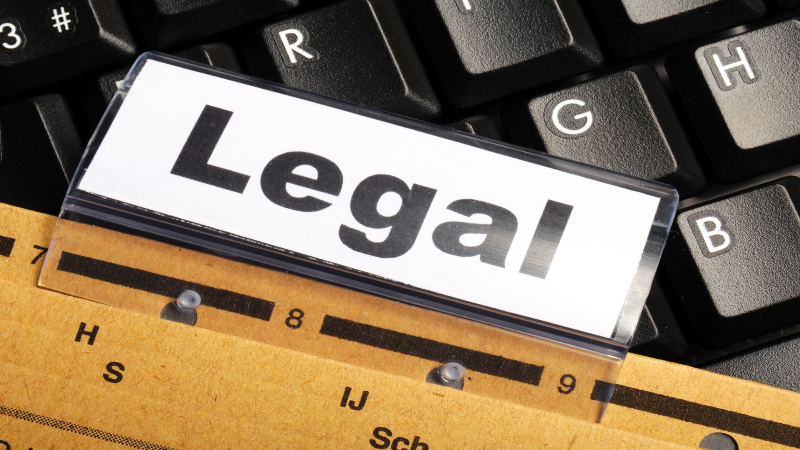Roller skating is an inherently risky activity, and having an accident at the roller rink doesn’t always mean that a person can file a lawsuit. However, there are certain circumstances where a rink owner or another person can be held responsible for injuries following an accident. Read on to learn about these circumstances, along with potential defenses and appropriate legal theories.
Rink Owner Liability
The owner of a roller skating rink has a responsibility to keep the establishment safe for guests, including premises maintenance. If the owner doesn’t meet those obligations, they can be held liable for negligence. However, owners aren’t required to prevent all accidents when the dangerous nature of the activity is considered.
For instance, the owner should have enough staff to remove careless skaters, or to point out potentially dangerous conditions. If an accident or injury is caused by a skater’s sudden erratic movement, the owner typically can’t be held liable. Employers can be held responsible for employees’ negligent actions, but they can’t be held liable for actions occurring outside the normal scope of employment. In those cases, the injured patron has to hire personal injury lawyers in Baltimore.
Other Skaters’ Liability
Another skater can be held liable for his or her negligent acts under the intentional tort theory. For these cases to succeed, a defendant must have intentionally harmed the plaintiff. For instance, intentionally pushing another skater can lead to battery charges. For a negligence case to succeed, the defendant must have behaved in a way that’s not typical of other patrons. A skater who merely loses his or her balance and causes an accident cannot be held liable for another person’s injuries.
Lawsuit Defenses
Under the assumption of risk doctrine, a plaintiff can lose his or her case if the defendant can document that the plaintiff was aware of the possibility of injury before stepping onto the skating floor. All skaters assume the risk of tripping, falling or bumping into others, but the doctrine cannot be applied to every accident.
Comparative and contributory negligence are similar defenses. If a plaintiff acted negligently and contributed to his or her own injuries, their damages will be reduced by the level of fault. For instance, a rink owner may have allowed a dangerous condition to remain, but the plaintiff could have been skating beyond his or her ability. If a person is hurt while skating, personal injury lawyers in Baltimore can help.

